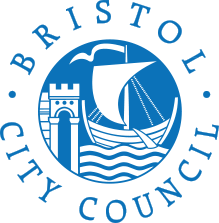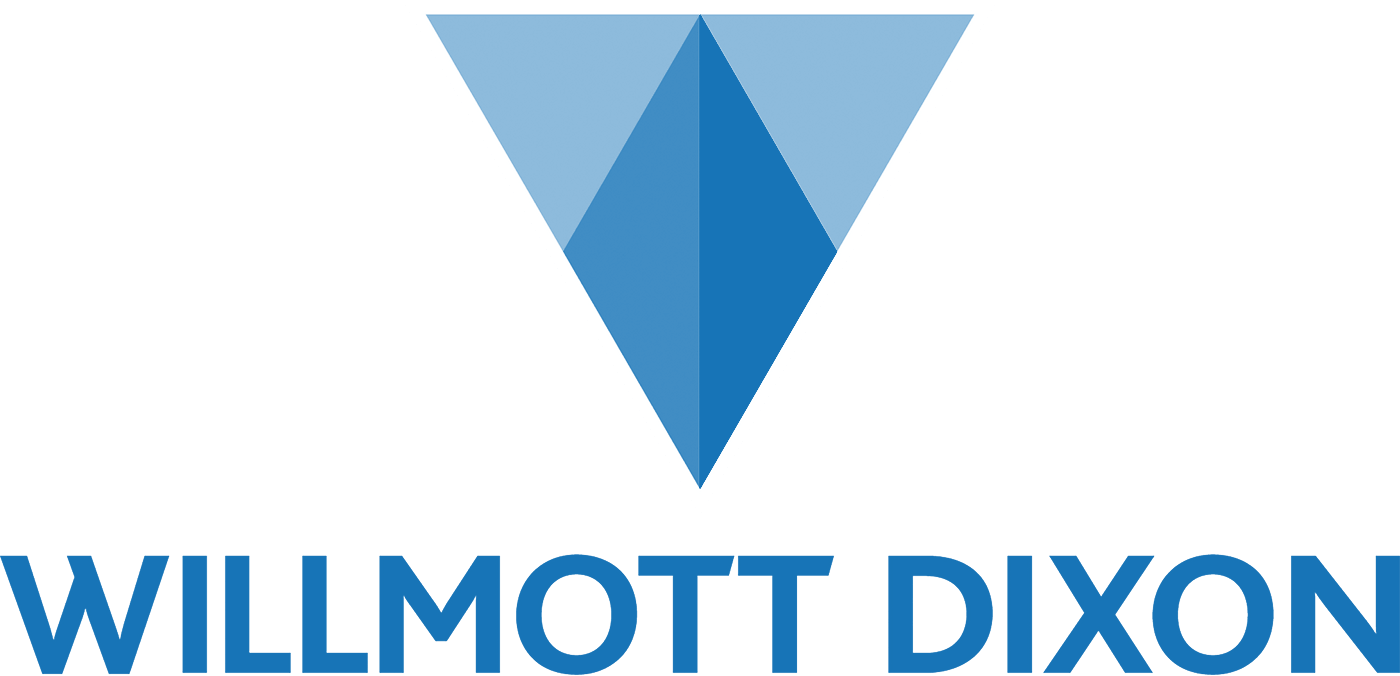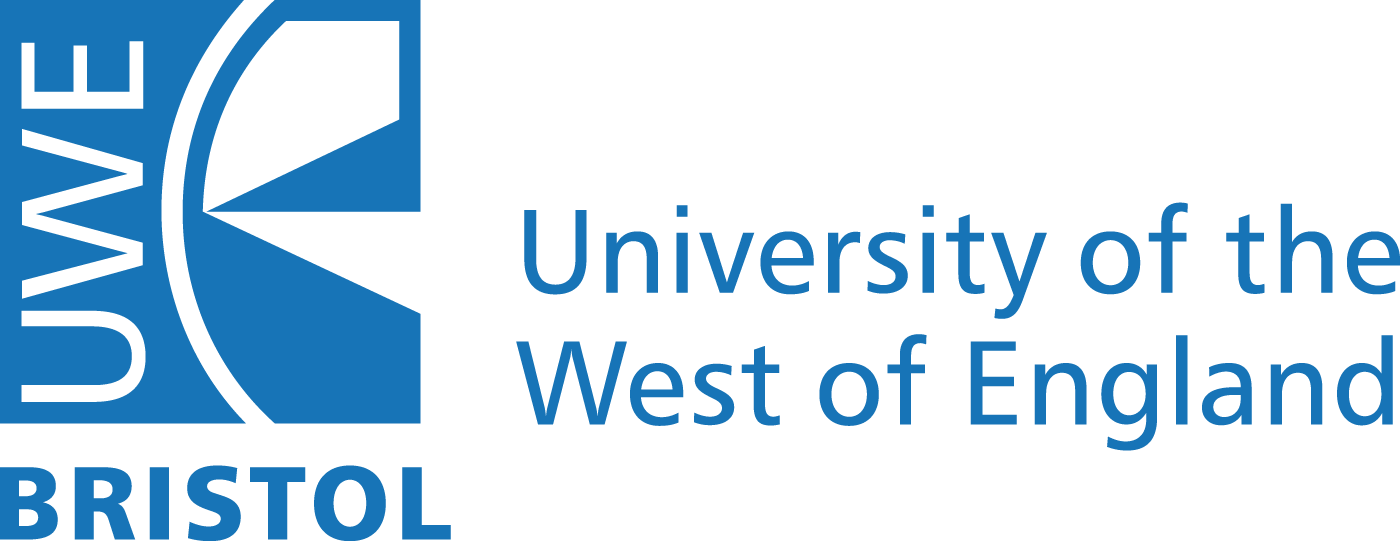Prohibited Skip Items
Our skips are used for non-hazardous waste, listed on this page are a number of common waste streams that are not accepted in your skip.
What can’t go in the skip?
ETM provide skips for domestic and trade hire purposes to enable environmentally friendly and safe waste disposal. Our skips are for non-hazardous waste only. Any unaccepted waste found in your skip may incur an additional fee.
Here are common waste types not accepted in ETM skips:
- Plasterboard
- Tyres
- Gas bottles and cylinders
- Asbestos
- Batteries
- Fluorescent tubes
- Mattresses
- Clinical waste
- Other hazardous waste (paint tins, oils, petrol, diesel, aerosols etc.)
- Electrical waste (fridges, freezers, microwaves, TVs etc.)
- Food waste or food contaminated packaging.
Persistent Organic Pollutants Regulations
In line with the Persistent Organic Pollutants Regulations from the 1st January 2023 we cannot accept items that contain Persistent organic pollutants that can be found in domestic seating in our skips.
Waste domestic seating includes any item of seating of a household type from households or businesses that is waste, for example sofas, sofa beds, armchairs, kitchen and dining room chairs, stools and foot stools, home office chairs, futons, bean bags, floor, and sofa cushions.
If any of these items are found in your skip an extra charge will apply.
Why isn’t all waste accepted?
Some waste streams, especially hazardous waste, can present threat to human safety and the environment. Waste that is considered hazardous to humans, such as asbestos, requires specialist handing and careful disposal. Environmentally hazardous waste must be disposed of separately to general waste to ensure impact is minimised.
Larger waste products, including mattresses and tyres, are disposed of separately due to their size and weight. Also, this waste may be difficult and costly to process, needing specialist disposal or billing.
Electrical waste, under the Waste Electrical and Electronic Equipment (WEEE) Directive, must be properly separated and disposed of to reduce the amount of WEEE sent to landfill or incineration. Items labelled with a symbol depicting a crossed-out wheelie bin, or that require electricity to work, are considered EEE. Households and businesses looking to dispose of WEEE should seek advice from specialist disposal companies to ensure compliance and environmental consideration.
For further information, read the skip hire terms of service.






